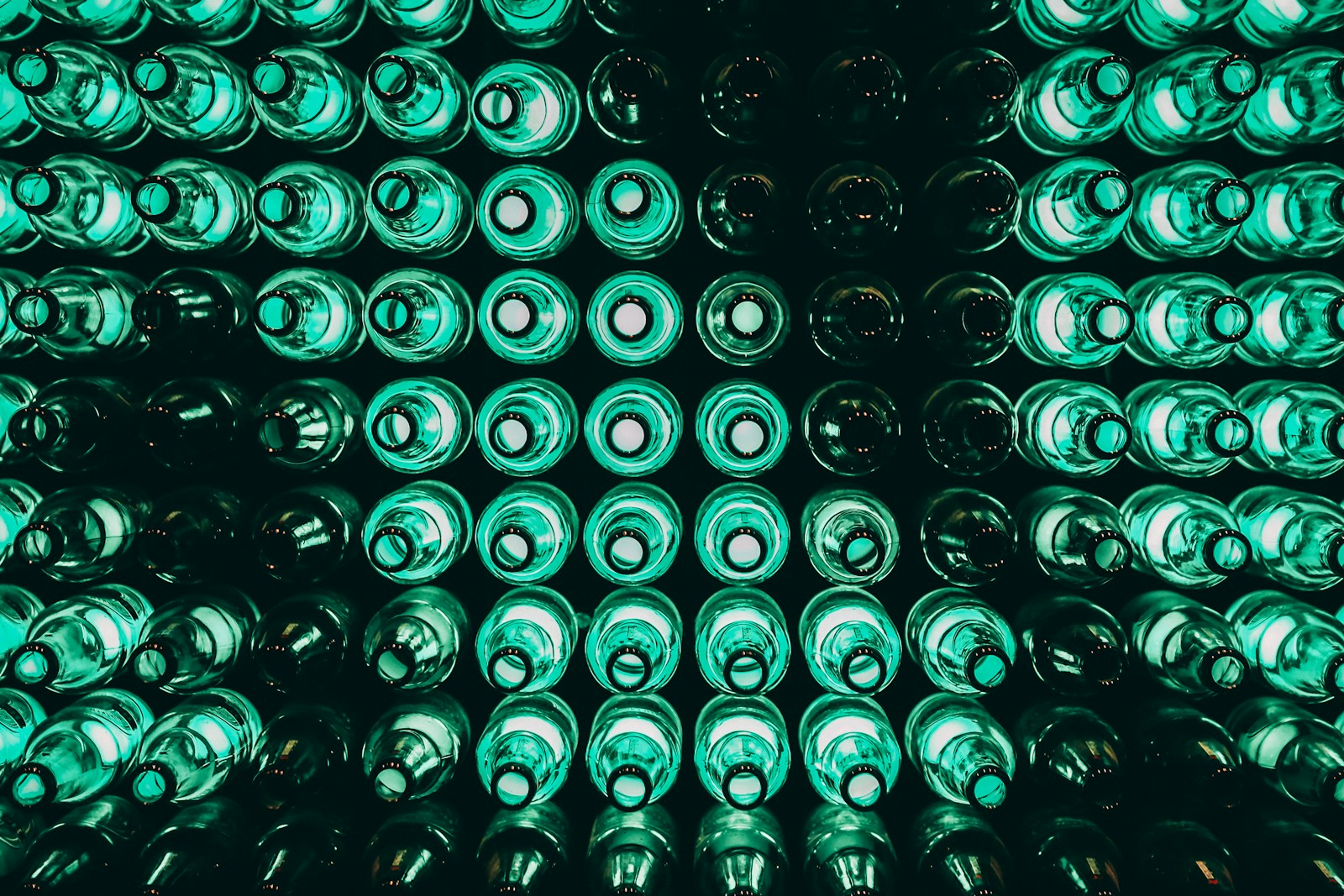With two years until the UK introduces its national system for more efficient and effective bottle and can recycling, a Scottish startup is already a global leader.
DRS International has been launched to advise on and develop solutions tied to Extended Producer Responsibility [EPR] — regulations that force companies to deal with the cost of their packaging waste.
The organisations will initially focus on support for the Deposit Return Scheme. The team has already been drafted to assist in five European countries where these initiatives already exist, including Romania and the Republic of Ireland.
In these two nations alone, DRS International claims it has facilitated the removal of 2billion containers which would have been committed to landfill. This track record positions the consultancy as the largest of its kind in the world, with CEO Donald McCalman previously the Programme Director of Circularity Scotland, which led implementation on the Scottish Deposit Return Scheme before it was postponed due to political disputes.

‘As well as the environmental benefits that DRS brings, there is also an uplifting effect on society generally as a result of cutting down dramatically on the amount of litter on our streets and public spaces,’ said MacCalman. ‘This was an issue which resonated strongly with people when we were hiring our teams and was a significant factor in the rationale for pushing ahead with a DRS in Scotland.’
‘With the UK scheme coming round the corner and other schemes in Europe set to go live in coming years we feel confident we can deploy more teams into ever growing schemes and do our part to guide them to success,’ added Gordon McGuigan, DRS International’s Operations Manager. ‘And we also have the skills and experience to help more mature schemes react to the ever changing regulatory and consumer landscape they face.’
Image: Ameer Basheer / Unsplash
More Waste, Pollution & Recycling:
87% of British schools in toxic air zones, 12million at risk
As UN Plastic Treaty talks resume, UK single-use demand grows
North East ‘lunchbox to lightbox’ lessons teach food waste-to-energy

